About
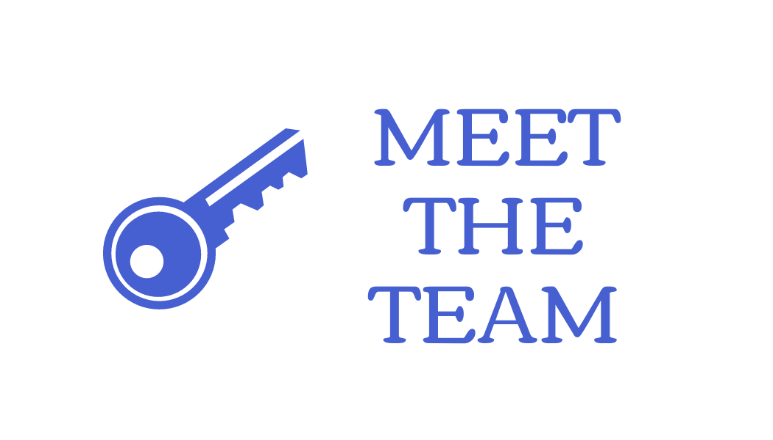
We are a multigenerational team of diverse persons with the goal of creating a better, more inclusive health experience for adolescents and young adults living with HIV.
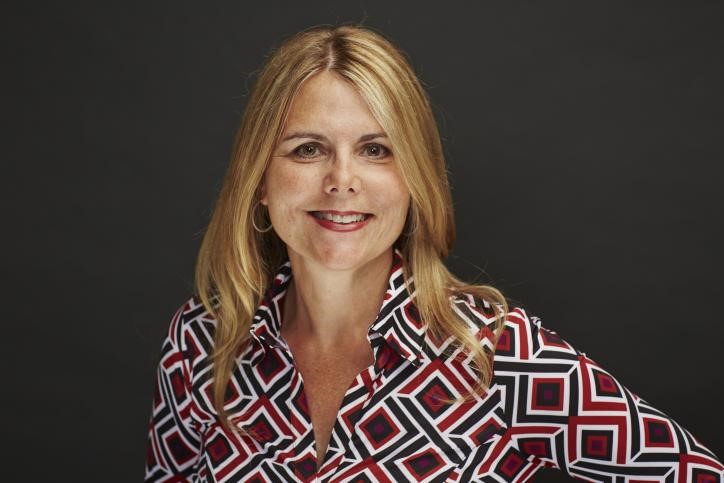
Principal Investigator: Ann-Margaret Dunn Navarra, PhD, CPNP-PC, FAAN, is an Associate Professor at NYU Rory Meyers College of Nursing and the Principal Investigator of the ACCESS II study. She has more than 30 years of experience helping young people living with HIV, leading to the design and implementation of the ACCESS II study. |
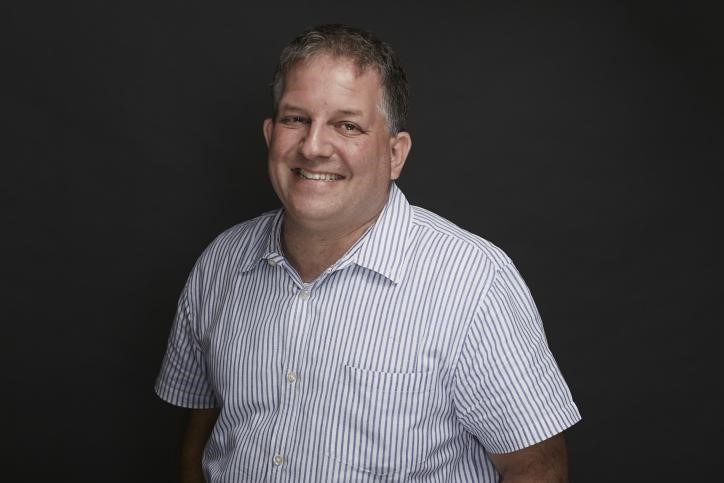
Co-Investigator: Lloyd Goldsamt, PhD is a Senior Research Scientist at NYU Rory Meyers and a licensed clinical psychologist. His expertise includes HIV and substance use prevention among high-risk youth and stigmatized populations, and program evaluation. He provides guidance for intervention content on substance use and stigma, and evaluation of ACCESS II. |

Co-Investigator: Alison Vorderstrasse, DNSc, RN, FAAN is the Dean of the Elaine Marieb College of Nursing at the University of Massachusetts Amherst. Her role is to provide expertise on the implementation and evaluation of the web-based adherence education control condition. |
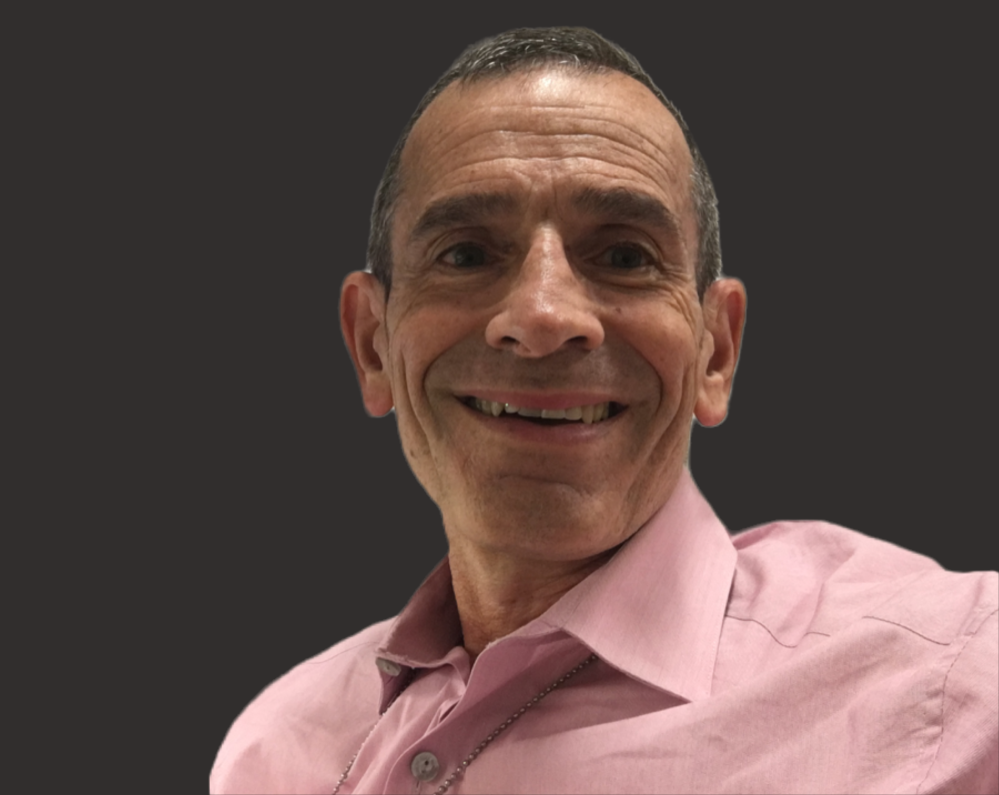
Co-Investigator: Michael Rosenberg, MD is an Associate Professor of Pediatrics at Albert Einstein College of Medicine and an infectious disease specialist at Jacobi Hospital with 30 years of experience in the medical management of HIV+AYA. He is the site investigator at Jacobi Hospital and serves as a collaborator and HIV medical content expert for the ACCESS II Project. |

Biostatistician: Jason Fletcher, PhD is a senior biostatistician at NYU Rory Meyers with over 15 years of experience in public and community health research. His role is to provide methodologic guidance for quantitative data analysis and randomization procedures. |
Project Manager: Claire Loughran, MPH is the Project Manager for the ACCESS II study at NYU Rory Meyers. She is trained in public health research, with a concentration in Population and Family Health. She oversees all components of the ACCESS II research project. |
Assistant Research Scientist: Eva Liang is an Assistant Research Scientist at NYU Rory Meyers. She has been a part of the research team since the inception of the ACCESS research project. Eva provides research and administrative support for the day to day operations of the ACCESS II research team. |
Assistant Research Scientist: Brandon Paulk is a Peer Health Coach at NYU Rory Meyers. He has been an advocate for people living with HIV for the duration of his life. He previously served as a Peer health Coach at several non-profit organizations. He leads conversations with study participants for the ACCESS II study. |

Assistant Research Scientist: Damian Ruff is a Peer Health Coach at NYU Rory Meyers. He has been working with people living with HIV for over 10 years and has over 6 years of experience working in education. He leads conversations with study participants for the ACCESS II study. |
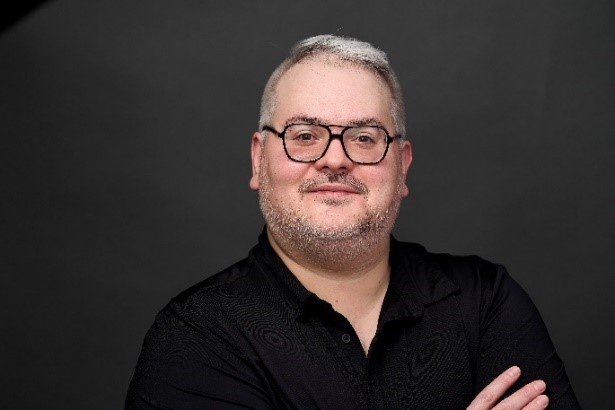
Post-Doctoral Research Fellow: David Ray Garcia, PhD, FNP-BC, NP-C is an Assistant Professor and the Provost’s Postdoctoral Fellow at NYU Rory Meyers. His interdisciplinary research focuses on the syndemic relationships between substance use, violence, mental health, and HIV risk behaviors among adolescent gay and bisexual men, and the protective factors that mitigate HIV risk. He will provide recruitment support for the ACCESS II study. |
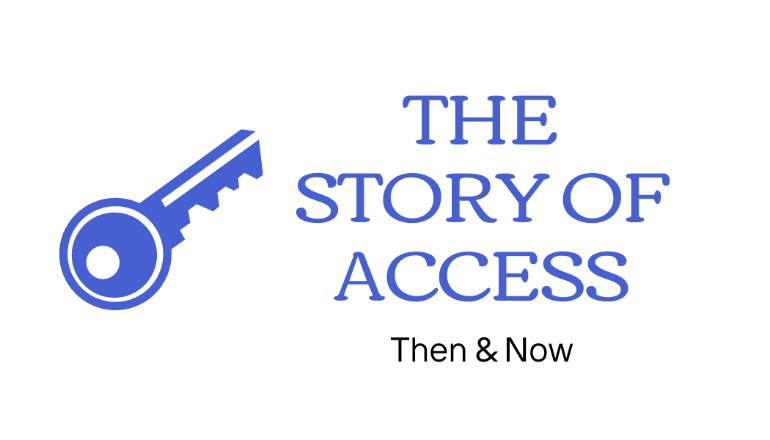
Ann-Margaret Dunn Navarra as a clinician and researcher
Dr. Navarra is a board-certified pediatric nurse practitioner and began her HIV career in 1992 and is one of the pioneers in the advanced practice nursing care of children born with HIV-infection. She has leveraged this experience to develop a robust program of interdisciplinary research and forge much needed academic-clinical and community-based partnerships.
Dr. Navarra’s program of research is directed to advancing health equity for HIV+ AYA. This important work began during her doctoral studies at Columbia University. Findings from Dr. Navarra’s completed dissertation demonstrated that beliefs about HIV medications were significantly associated with medication adherence, indicating that beliefs may be assessed and targeted for intervention. Survey data showed high levels of technology ownership and use (i.e. cellular phones, computers) for HIV+ AYA in her dissertation study. These findings were to later form the foundation for the ACCESS I proof of concept pilot project.
ACCESS I - Proof of Concept Pilot Project
The Adherence Connection for Counseling, Education and Support (ACCESS) I study was one of the first known peer-led mobile health adherence interventions for HIV+ AYA. The ACCESS I study intervention included pre-testing, 5 sessions with peer health coaches, followed by post-testing, with study participation lasting approximately 3 months. The ACCESS I study established proof of concept and showed promising virologic and adherence outcome data.
An important component of our success was the formative qualitative work and interviews with HIV+ AYA. This work allowed for the needs and voice of HIV+AYA to be represented in the refinement and implementation of the ACCESS II intervention.
Given evidence from our qualitative inquiry and other recent studies showing influence of contextual factors (HIV stigma, psychological distress and related substance use) on ART adherence, we have refined and expanded session content, adding three new sessions to the ACCESS-II protocol.
The ACCESS I pilot project was closed in 2019, with data proving the intervention feasible and effective. These findings have led to the development of the ACCESS II randomized clinical trial.
Further data on the ACCESS I study, can be found in "Publications & Education!"
ACCESS II - Randomized Clinical Trial
The Adherence Connection for Counseling, Education and Support (ACCESS) II study is currently open and recruiting participants. This two-arm randomized clinical trial is comparing the impact of peer health coaches to a web-based control, on improving ART adherence amongst HIV+ AYA.
In ACCESS II, there are eight weekly sessions. Participants in the intervention condition use videoconferencing to connect synchronously with trained peer health coaches who deliver eight weekly, 60-minute cognitive behavioral motivational sessions for improved ART adherence. Participants in the control connect asynchronously to a web-based HIV ART adherence education condition.

The ACCESS II study is currently being implemented!

What will study participants be asked to do?
If one chooses to participate in this study, they will be asked to participate in a total of 8 weekly sessions, where they will learn about HIV and medication adherence. These sessions will either be completed with a peer health coach or a web-based platform. Study participants will also complete surveys at 3 separate times to answer questions about HIV knowledge, their experience living with HIV, HIV stigma, and medication adherence.
This study is entirely remote, using a study funded smartphone.

How long is the study?
Participation in the study is expected to last for approximately 6 months. Study participants will participate in a total of 8 weekly sessions, along with surveys at the beginning of the study, 3 months and 6 months from when the study was joined. These surveys are completed online from the privacy of study participants home!
When will study participants be compensated?
Study participants will be compensated for the completion of study activities using ClinCard, as study activities are completed. Compensation will occur at 5 separate points in time including:
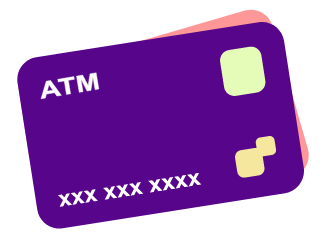 Electronic Consent
Electronic Consent- Baseline Visit
- 3 Month Visit
- 6 Month Visit
- Return of Study Funded Smartphone
If all study activities are completed, study participants can receive up to a total of $350.
Do study participants have to complete the entire study?
Participation in this study is entirely voluntary, therefore study participants can decide whether or not they would like to participate, and what study activities they would like to participate in.
How will study participant privacy be protected?
We have several methods in place to protect study participant's privacy. Under Federal and State laws, only t hose who have permission to access to health information will have access to it. These laws also ensure researchers cannot be forced to provide any identifiable information without study participants' consent. All information will be stored in HIPAA compliant, password protected software.
hose who have permission to access to health information will have access to it. These laws also ensure researchers cannot be forced to provide any identifiable information without study participants' consent. All information will be stored in HIPAA compliant, password protected software.
The Health Insurance Portability and Accountability Act (HIPAA) is a federal law that protects sensitive patient health information from being disclosed without the patient’s consent or knowledge. Therefore, any identifiable information, including study participants' names, will be separate from the data we collect.
How does randomization work?
There are two different groups study participants can receive support and education from: a peer health coach or web-based platform. Which group a study participant will be placed in is random, like the toss of a coin. The chances of being assigned to one group verses the other is 50/50. Study participants will be randomized to a group after the baseline visit.
coach or web-based platform. Which group a study participant will be placed in is random, like the toss of a coin. The chances of being assigned to one group verses the other is 50/50. Study participants will be randomized to a group after the baseline visit.
